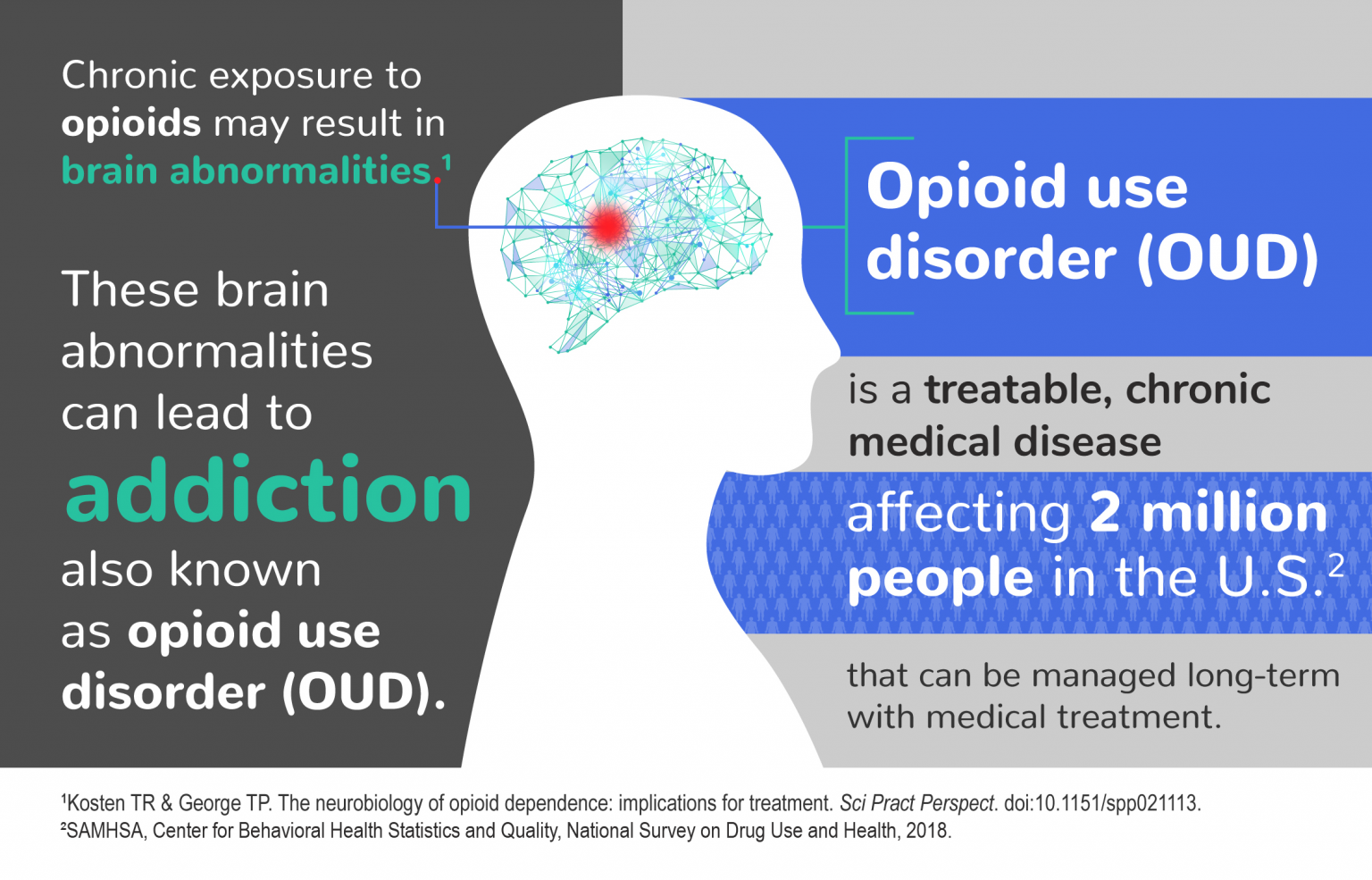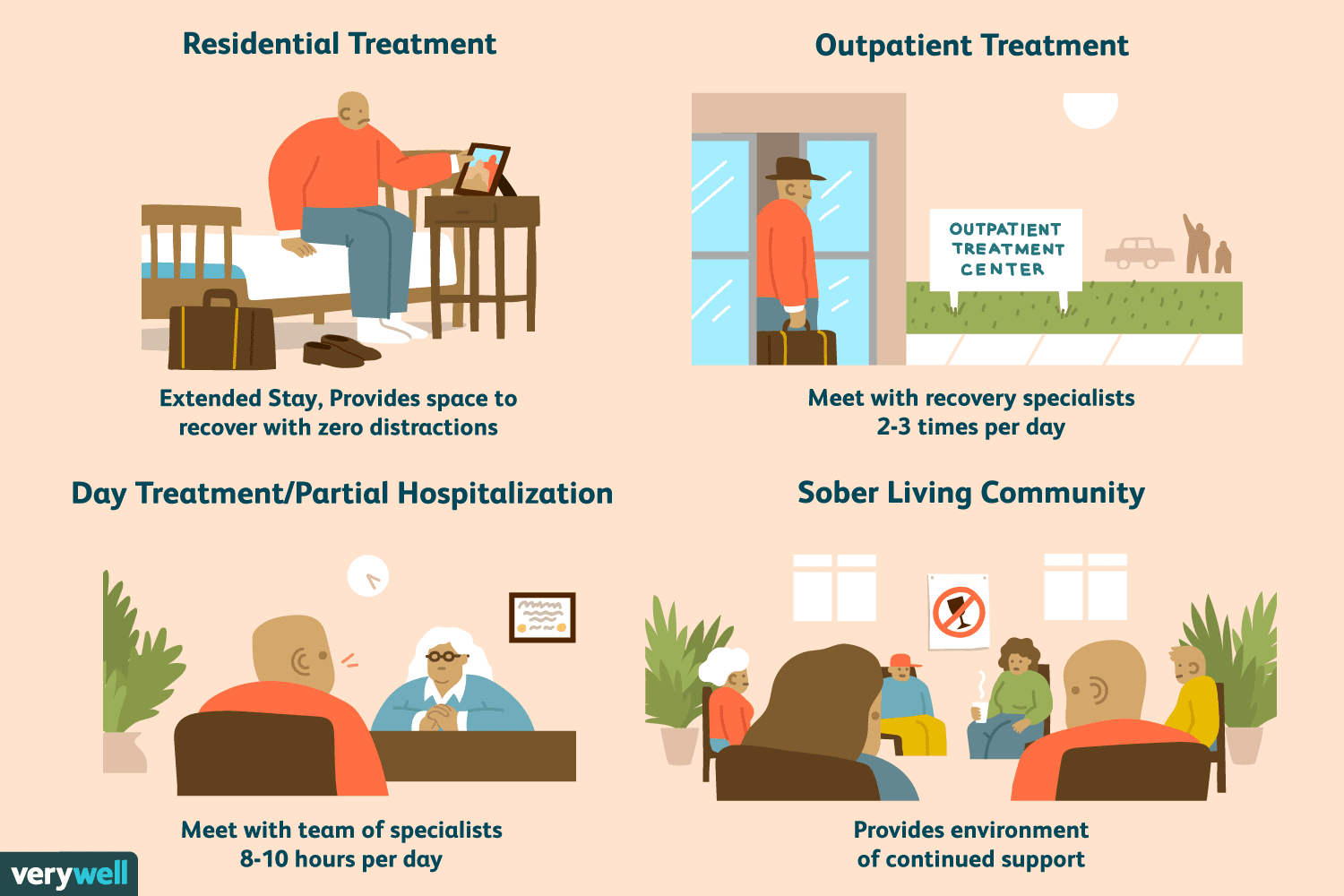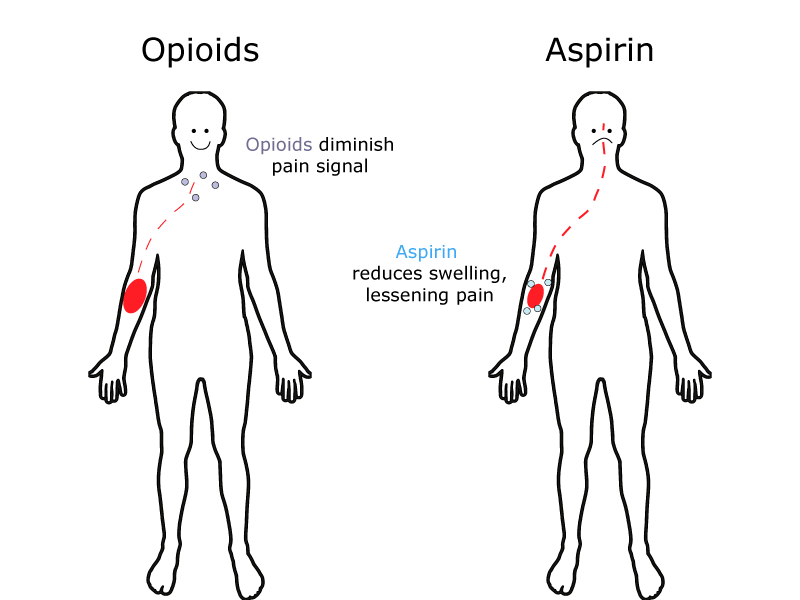Opioids trigger the release of endorphins, your brain's feel-good neurotransmitters. Endorphins muffle your perception of pain and boost feelings of pleasure, creating a temporary but powerful sense of well-being.
Addiction is a Disease: A Compelling Argument
Addiction is a topic that is heavily debated and often misunderstood. Many individuals dismiss addiction as a mere lack of willpower or a personal flaw. However, I firmly believe that addiction is a disease, driven by complex neuro-chemical processes and should be treated as such.
1. Neurological Changes: Addiction is not a choice, but rather a result of changes in the brain's chemistry. Repeated exposure to substances or behaviors, such as drugs or gambling, alters the brain's reward system. It hijacks the normal functioning of neurotransmitters, leading to an intense urge to engage in the addictive behavior. These changes affect the individual's ability to make rational decisions, leading to a cycle of compulsive behaviors.
2. Genetic Predisposition: Scientific studies strongly suggest that some individuals may have a genetic predisposition for addiction. These individuals have a unique set of genes that affect how their bodies metabolize drugs or process pleasurable experiences. This genetic predisposition can make them more susceptible to addiction, further supporting the argument that addiction is driven by biological factors beyond individual control.
3. Co-occurring Mental Health Disorders: Addiction is often intertwined with underlying mental health disorders such as depression, anxiety, or trauma. Individuals may turn to substance abuse as a coping mechanism to self-medicate or alleviate emotional pain. These co-occurring disorders can exacerbate the addictive cycle, making it even harder for individuals to break free from the grips of addiction. Treating addiction as a disease recognizes the need to address both the addiction and the underlying mental health issues.
4. Withdrawal and Relapse: When someone attempts to quit an addictive substance or behavior, they often experience withdrawal symptoms. These symptoms can range from mild discomfort to severe physical and psychological distress. The intensity of withdrawal underscores the physiological changes that addiction brings about in the body. Furthermore, relapse rates among individuals struggling with addiction are high, often exceeding those of other chronic diseases. This emphasizes the chronic and relapsing nature of addiction, again reinforcing its classification as a disease rather than a choice.
5. Medical Treatment and Recovery: Recognizing addiction as a disease prompts a critical shift in the manner in which we approach treatment and recovery. Just as we wouldn't blame a cancer patient for their diagnosis, we ought not to blame individuals grappling with addiction. Instead, we should focus on getting them well. Wyatt’s Mom
Opioid use disorder is a brain disease, not a moral failing.
-

Opioid Use Disorder
OUD is a chronic brain disease caused by the recurrent use of opioids, including prescription drugs, such as oxycodone and hydrocodone, and illicit substances such as heroin. OUD includes dysfunction of the brain reward system, motivation, memory, and related circuitry and is reflected in individuals “pathologically pursuing reward and/or relief by substance use and other behaviors.”
As with other chronic relapsing conditions, the clinical course of OUD includes periods of exacerbation and remission, but the patient is never disease-free.
-

Medication Assisted Treatment
Medication-assisted treatment saves lives while increasing the chances a person will remain in treatment and learn the skills and build the networks necessary for long-term recovery.
-

Sober Living Aftercare
For a lot of people in recovery, moving into a sober living home after treatment makes the difference between going back to their old habits or continuing on the path of sobriety.
-
Addiction is a disease that affects the body and brain. It involves compulsive behavior with the use of one or more substances regardless of health and social consequences. Addiction is caused by a combination of behavioral, environmental, and biological factors. In the formation of addictions, there is never only one influence.
-
Consent is undeniably important when it comes to any form of treatment or intervention. However, addiction often impairs an individual's ability to make rational decisions and fully understand the consequences of their actions. By waiting for consent, we risk prolonging the destructive effects of addiction, allowing it to tighten its grip on the person's life. In many cases, individuals may not realize or admit that they need help until they have hit rock bottom. By acting proactively, even without consent, we can save lives and prevent irreparable damage
-
In our interconnected world, the challenge of addiction touches the lives of countless individuals and communities in profound ways. While the impact of addiction can be devastating, implementing effective treatment programs offers tremendous benefits for society as a whole. By prioritizing addiction treatment, communities can experience reduced crime rates, improved public health, enhanced economic productivity, and greater social cohesion. It is imperative that we recognize the extensive advantages of treating addiction and collectively invest in comprehensive solutions.


